EU leaders, environmentalists and non-governmental organisations (NGOs) have all reacted in horror to images of fires raging through the Amazon rainforest. All have been quick to lay blame for “killing the lungs of the planet” firmly at the doorstep of Brazilian president Jair Bolsonaro.
However, this conveniently ignores the uncomfortable truth. Yes, the Brazilian president has created the political environment necessary to facilitate rampant deforestation, but the fires that are currently engulfing the Amazon are also fuelled by an economic landscape that many EU leaders, environmentalists and NGOs have helped to create by undermining EU agriculture.
Sacrificing EU beef production for it to be replaced by a production system that is dependent on the destruction of the Amazon rainforest has serious consequences for the global environment. In this context, the European Commission needs to consider an immediate suspension of the existing beef trade with Brazil, currently running at 120,000/t per annum. The argument that this beef is not being sourced from deforested land is a smoke screen. Any market that creates increased demand for Brazilian beef further incentivises the deforestation of the Amazon.
Rampant deforestation
What we have seen playing out across media channels over the past few days is nothing new and comes as no surprise to many of those claiming to be in a state of shock.
Deforestation has been rampant in Brazil for decades. Taking 1970 as a baseline, figures show that from then to the end of 2018, 20% or 792,000 square kilometres of the Brazilian Amazon rainforest had been deforested. This is equivalent to almost 10 times the size of the island of Ireland.
Even in recent years, an area equivalent in size to Co Cork is being deforested on an annual basis. According to Brazil’s National Institute for Space Research, the rate of deforestation this year is running 80% ahead of last year with an area equivalent to a GAA pitch being destroyed every minute.
In an interview with the Irish Farmers Journal days after the Mercosur deal was announced, European Commissioner for Agriculture Phil Hogan was unequivocal in stating that unless climate commitments were implemented, then the deal would be scrapped
The link between the deforestation of the Amazon rainforest and the rapid growth in Brazil’s meat and grain exports is an inconvenient fact that many choose to ignore. In the last decade, Brazil has seen soya bean exports increase by 300% while beef exports over the last two decades have increased by almost 700%, reaching record levels in 2018 and positioning Brazil as the largest beef exporter in the world. Further growth in beef exports is forecast for 2019.
Ultimately, it is the ongoing surge in demand from global markets that has created the economic incentive for Brazil to grow its agricultural export capacity at the expense of the Amazon rainforest. While we can be critical, it is understandable that a developing country wants to maximise its resources – in this case land area – to capitalise on the economic opportunity that has been created.
It is the role that EU leaders, environmentalists and NGOs have played in helping create this economic opportunity that sees them with soot on their hands from the ashes of the Amazon rainforest. Yes, changes in food consumption patterns combined with ongoing trade wars with the US have seen China fuel growth in beef and grain exports from Brazil. But flawed EU policy, often supported by a strong environmental lobby, has certainly contributed.
This flawed policy is evident both in the context of EU trade policy and ongoing CAP reform. The CAP provides an ideal platform to develop policy that harnesses the capacity of EU farmers to contribute sustainably to global food production. However, the direction of travel in recent years has been the reverse with policy more aligned to stifling output and restricting productivity gains.
Nowhere is this more evident than in the EU tillage sector. Policies that have restricted the adoption of new technologies – while at the same time leaving the sector exposed to global commodity prices – have hindered output, and is the reason the EU livestock sector has now become so reliant on imported grains. It is no surprise, therefore, that in a report, the OECD found agricultural productivity in the EU to be just 30% of the world average.
Reducing while Brazil expands
Ironically, as EU leaders expressed horror at the impact of Brazil’s soaring beef exports on the destruction of the Amazon rainforest, Irish farmers were being incentivised, through an EU-funded scheme, to reduce production. While the scheme is seen as part of an EU climate change mitigation strategy, the upshot is that it will reduce output from one of the most sustainable beef production models in the world only to create further opportunities for Brazil to continue its expansion drive into the Amazon.
We see the same hypocrisy when it comes to EU trade deals, particularly in relation to the Mercosur trade agreement. In an interview with the Irish Farmers Journal days after the deal was announced, European Commissioner for Agriculture Phil Hogan was unequivocal in stating that unless climate commitments, particularly in relation to deforestation, were implemented, then the deal would be scrapped. Under the agreement, Brazil had signed up to replanting one million hectares of the Amazon per annum over the next 12 years.
It is time for the Commissioner to follow through on the assurances he gave to farmers. It would be ludicrous for the Commission to simply turn a blind eye to mass destruction of the Amazon rainforest as Brazil prepares to ramp up production in advance of a deal being concluded.
It would also fly in the face of one of the key recommendations contained within the recent climate report produced by the Intergovernmental Panel on Climate Change (IPCC). The expert group warned that carbon leakage must be incorporated into multilateral trade deals.
Ultimately, the events of the past few days reinforce the fact that food production is a global ecosystem. In this situation, both policymakers and environmentalists need to accept that in the context of tackling climate change, setting policy that achieves national targets while ignoring global implications is severely flawed.
It is the undermining of sustainable production systems, with a focus on achieving national/regional climate targets, only for production to shift to less sustainable parts of the world, which lead to scenes like we have witnessed in recent days.
Striking the balance of producing 60% more food to feed a rising population while at the same time addressing the environmental challenges must start by recognising the need to support the intensification of sustainable food production models across the EU.
We have the ideal structure to achieve this through the CAP but it needs to be steered back in the right direction. There is a much better chance of achieving this if environmentalists and farmers can work together. But this has to be based on a premise that policymakers and environmentalists see EU farmers as central to the solution to balancing the demands of global food production with environmental challenges.



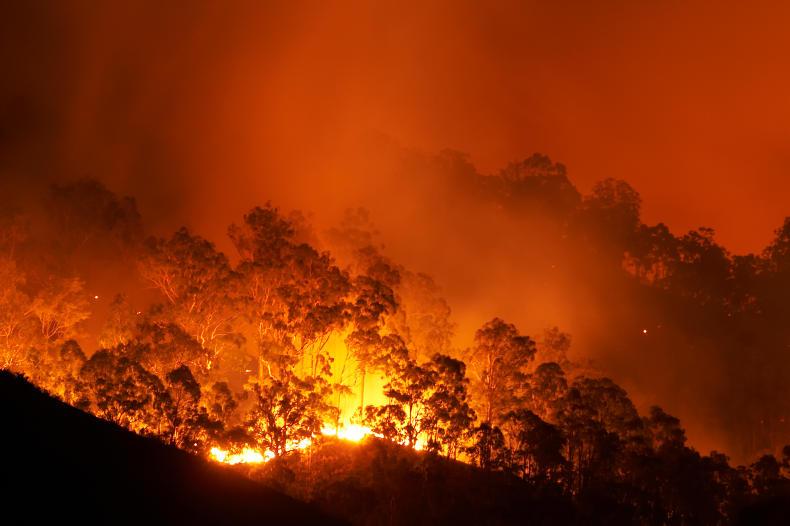

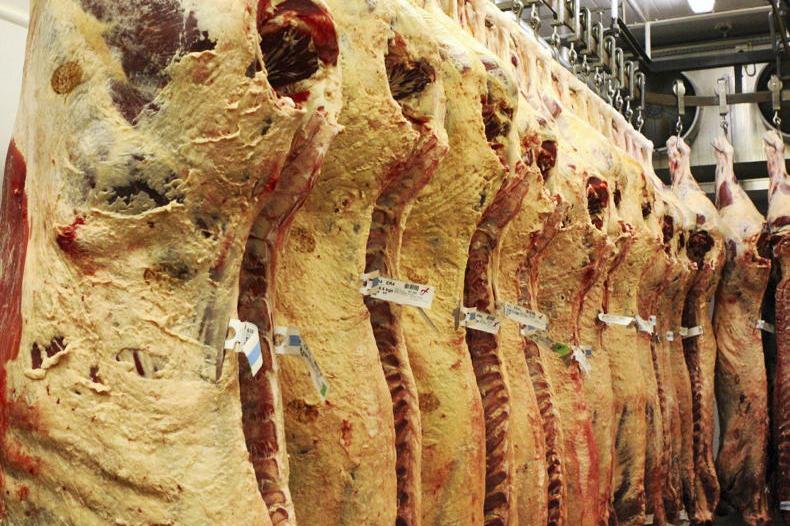

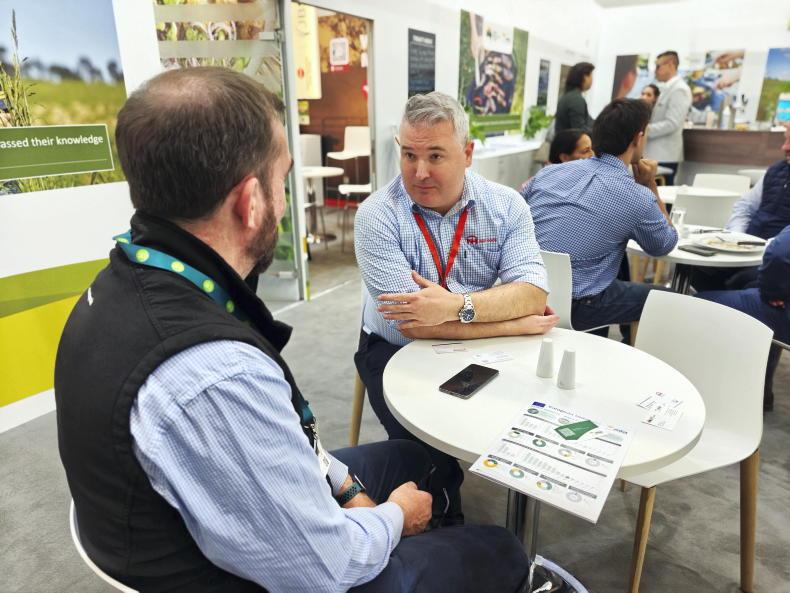
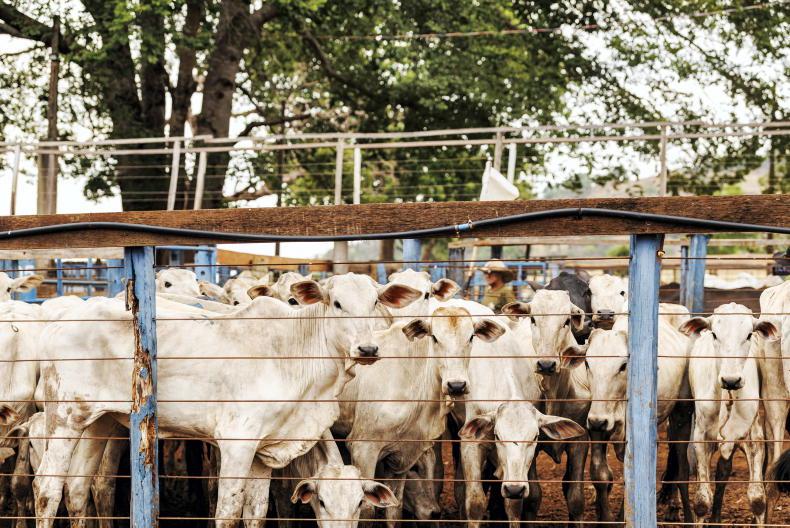
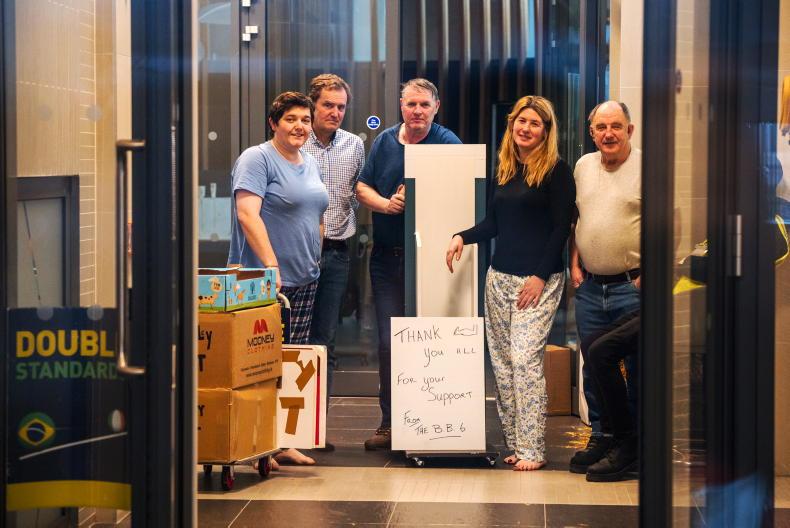
SHARING OPTIONS